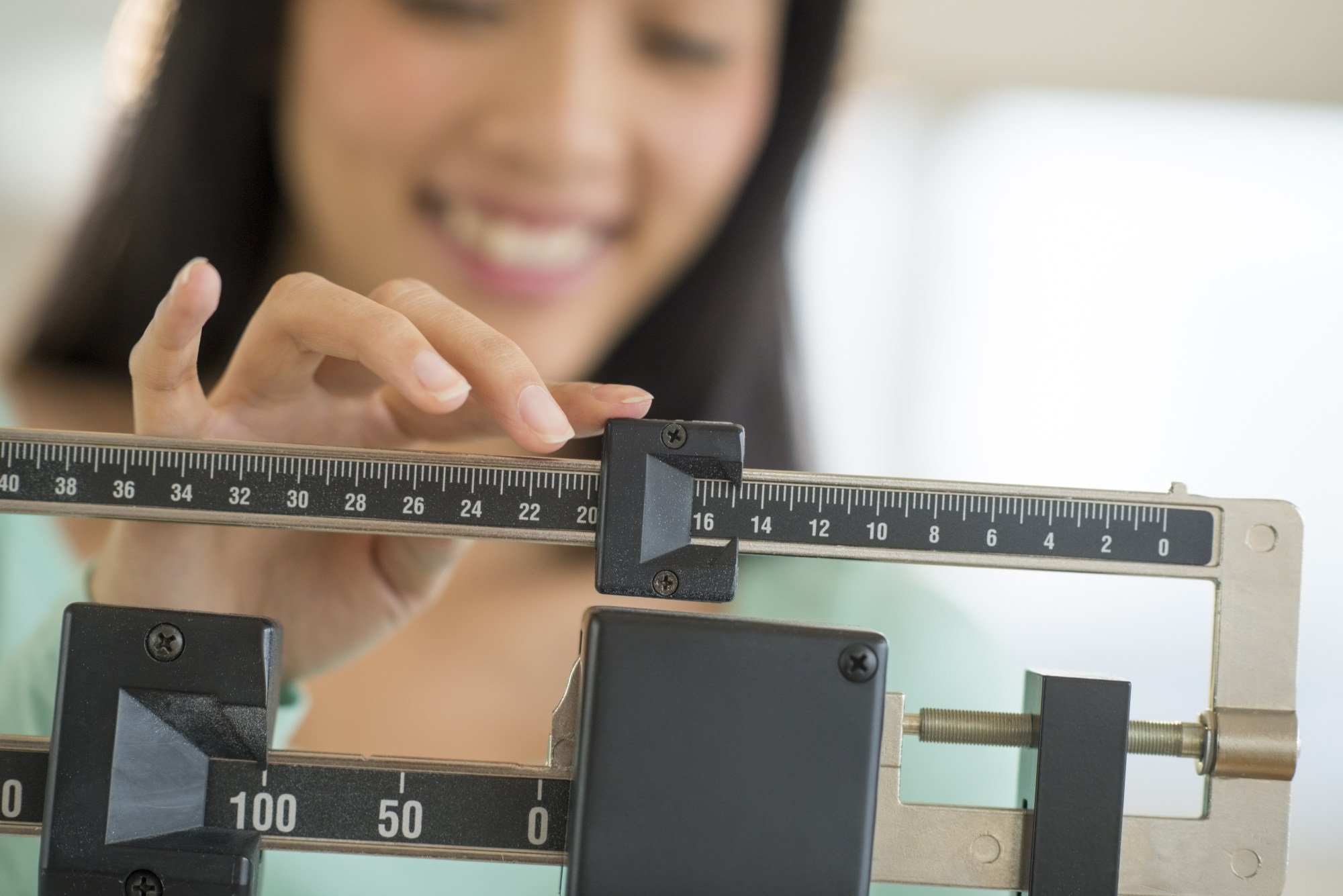Your body’s calorie needs change as you age, and it’s essential to understand this shift in your nutritional requirements.
As you grow older, various factors, including your physical activity level, play a pivotal role in determining how many calories your body needs to maintain weight and function properly.
1. How body size influences calorie needs
The size of your body is a significant factor influencing your calorie needs. Herman Pontzer, a professor of evolutionary anthropology at Duke University in the US state of North Carolina, says that “the bigger you are, the more calories you need”.

But age is equally crucial.
Babies and children require fewer calories than adults because of their smaller size.
No secret to losing weight: how Hong Kong dad shed kilos and kept them off
No secret to losing weight: how Hong Kong dad shed kilos and kept them off
However, when you consider their calorie needs relative to body size, they may require more calories than adults, as they are in the phase of growth and development.
2. Why physical activity matters
According to Anna Maria Siega-Riz, a nutrition professor and the dean of the School of Public Health and Health Sciences at the University of Massachusetts Amherst, in the United States, an inactive 40-year-old man weighing 200 pounds (90kg) would need about 2,700 calories daily to maintain his weight and basic bodily functions.
However, if he were an athlete training for a couple of hours each day, he would need about 3,500 calories daily.

3. How calorie requirements change with age
As you age, your daily calorie requirements change. Starting around age 19, calorie needs gradually decrease each year. This decrease is estimated at around 11 calories daily annually for men and seven for women.
For example, a 77kg woman who walks for 60 to 80 minutes each day would need 2,450 calories per day at age 20. At age 60, however, this would have dropped to 2,150, and 2,000 at 80.
The most noticeable decline in calorie burn typically occurs in your sixties and beyond, possibly resulting in weight gain or a reduced appetite. This age-related decrease in calorie expenditure is associated with the loss of muscle and the gain of fat, which burns fewer calories.
How to age well: 93-year-old marathoner’s 10 tips for a fit and active life
How to age well: 93-year-old marathoner’s 10 tips for a fit and active life
People tend to become less physically active as they grow older, so they burn fewer calories.
The best way to estimate your calorie requirements is to use an online calculator, but keep in mind that these calculators offer only a general overview. Your actual needs may vary based on daily activities, genetics, and other factors.

4. When and how to monitor your caloric intake
Weigh yourself if you’re not sure whether you’re consuming the right amount of calories. If your weight remains relatively stable, you’re likely eating an appropriate number of calories.
However, be cautious about developing anxieties related to food and weight by obsessing over the scale. Weigh yourself only as often as you’re comfortable with.
5. How to adapt your diet for your age
As you age, you won’t need to engage in meticulous calorie counting. Your appetite should naturally adjust to your changing needs. It’s essential to maintain a balanced diet, though.
The many health benefits of a plant-based diet, according to 5 new studies
The many health benefits of a plant-based diet, according to 5 new studies
You should allocate more of your daily calorie budget to nutrient-dense foods such as fruit, vegetables, whole grains and lean protein sources.
5 nutrients good for brain health that can delay dementia, or prevent it
5 nutrients good for brain health that can delay dementia, or prevent it
Understanding how your calorie needs change with age empowers you to make informed dietary choices to support your health and well-being throughout your life.
